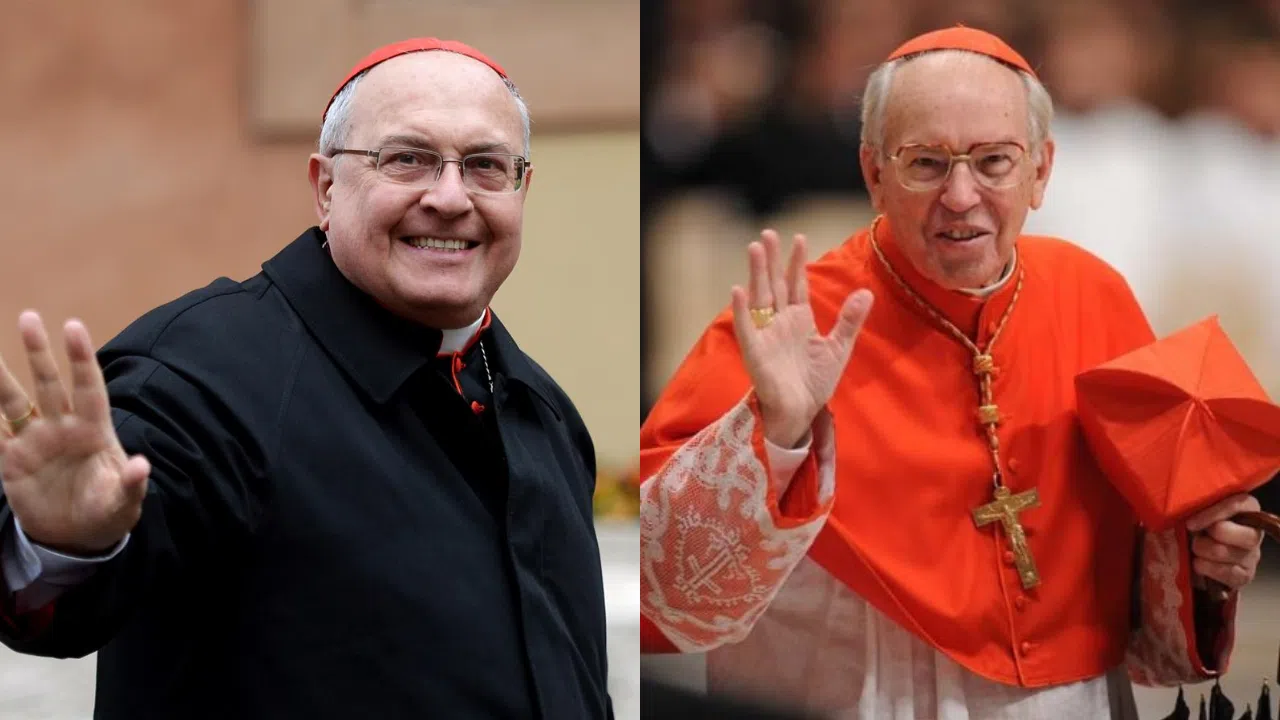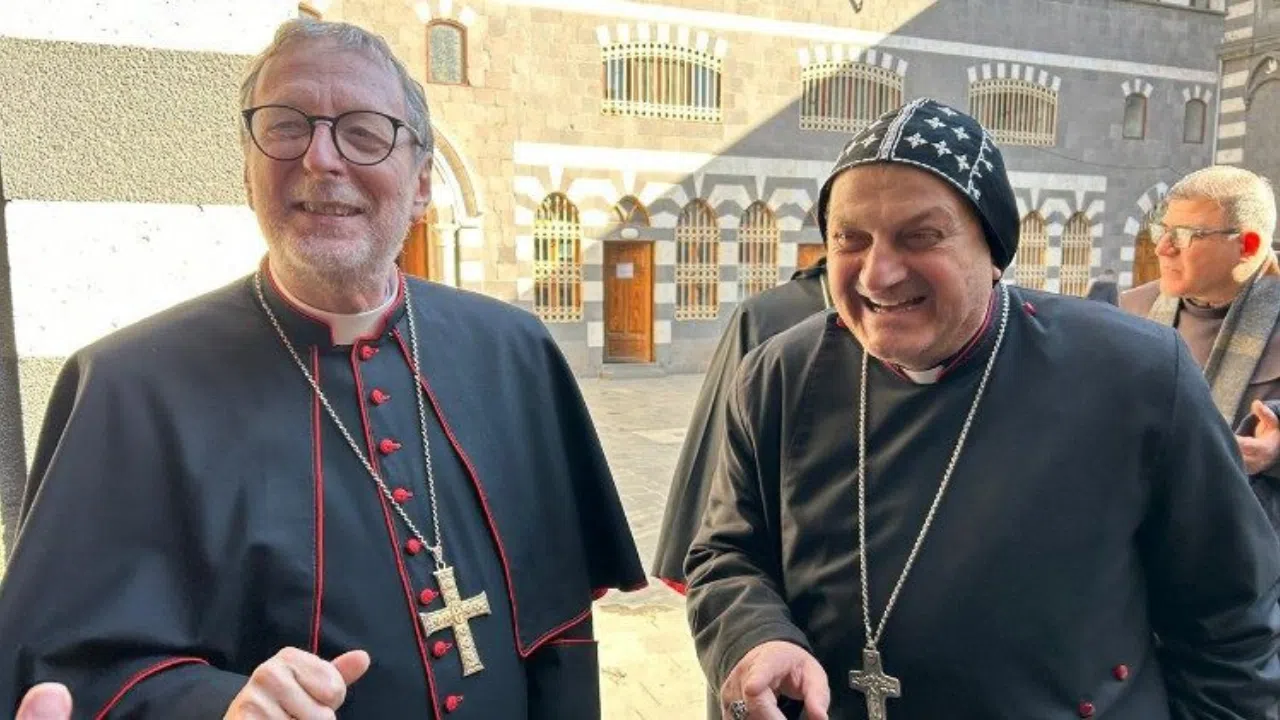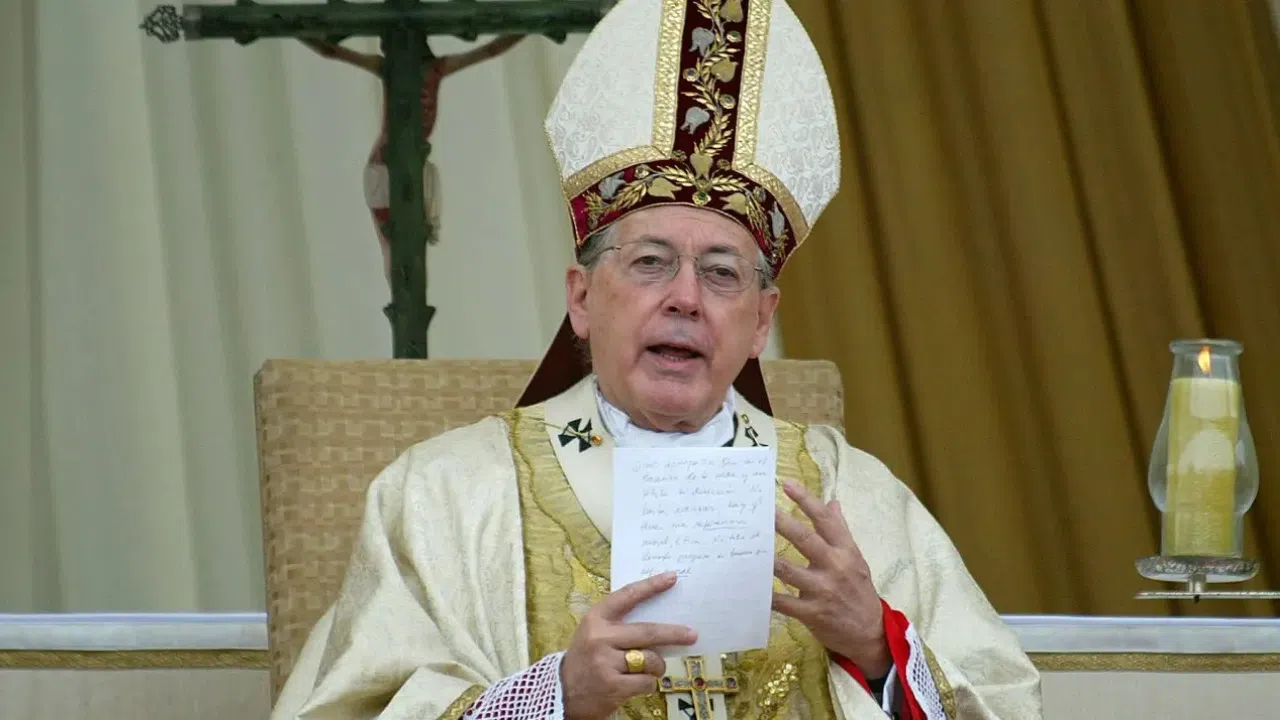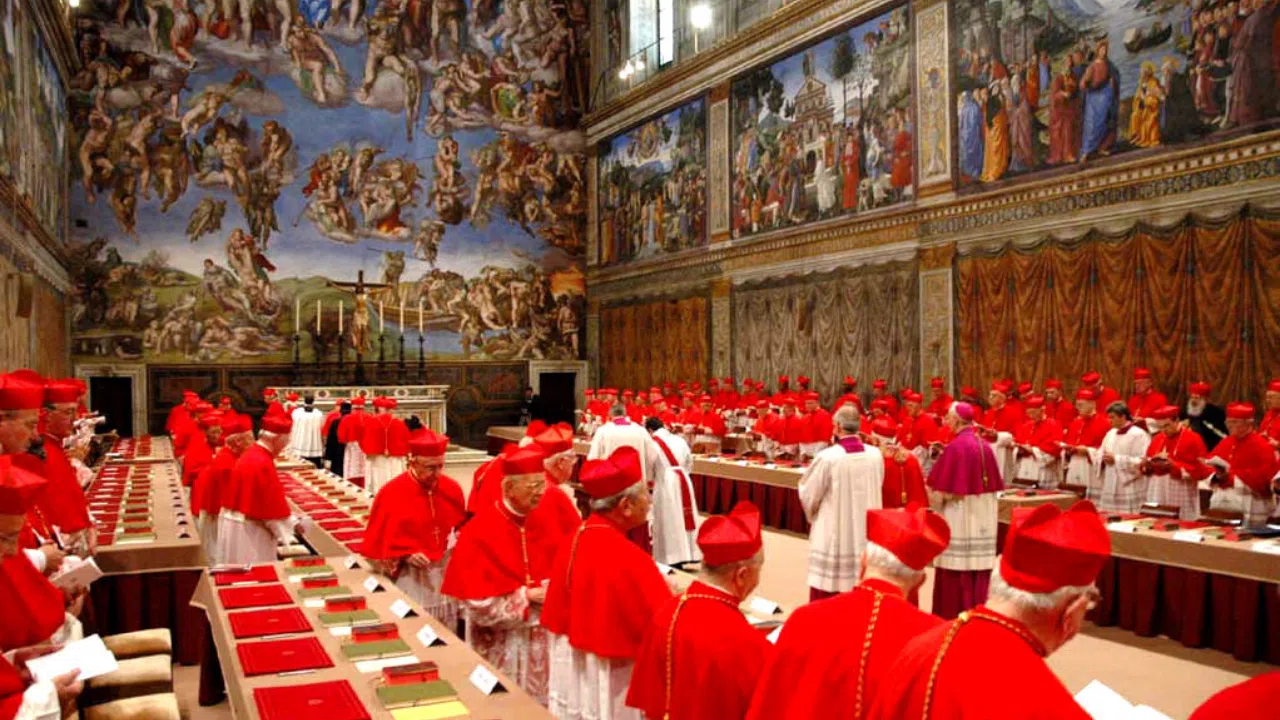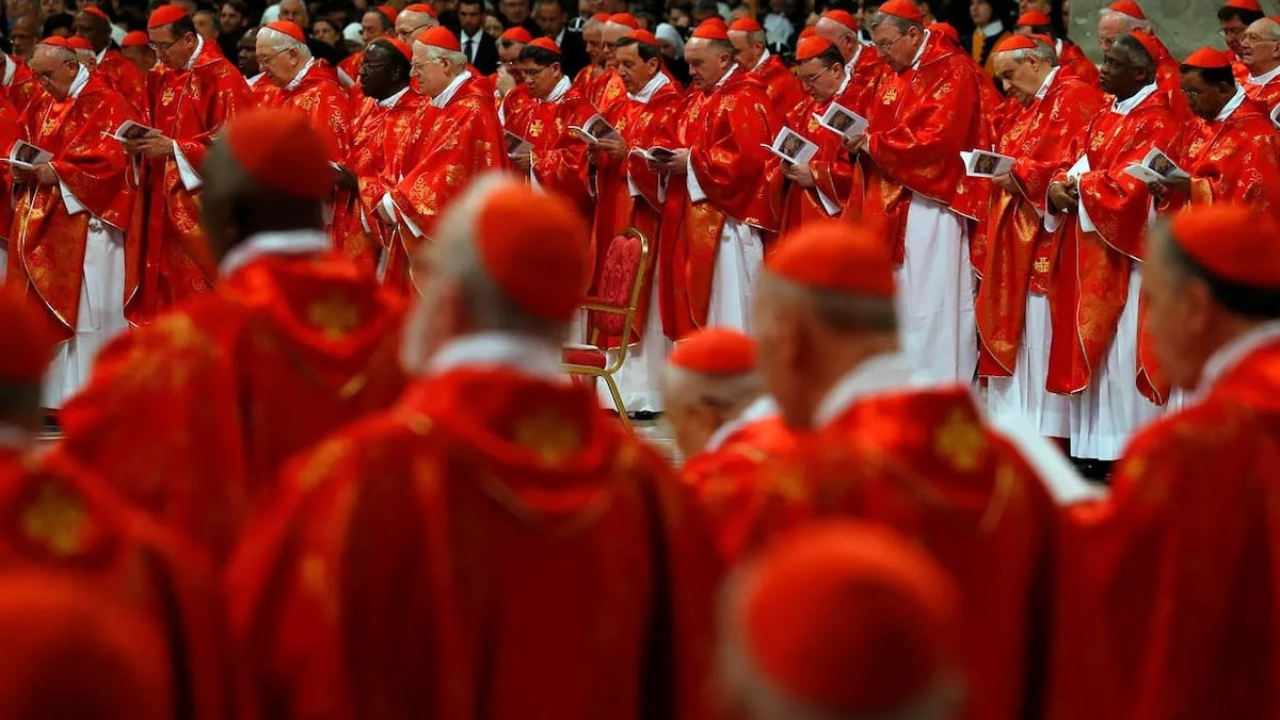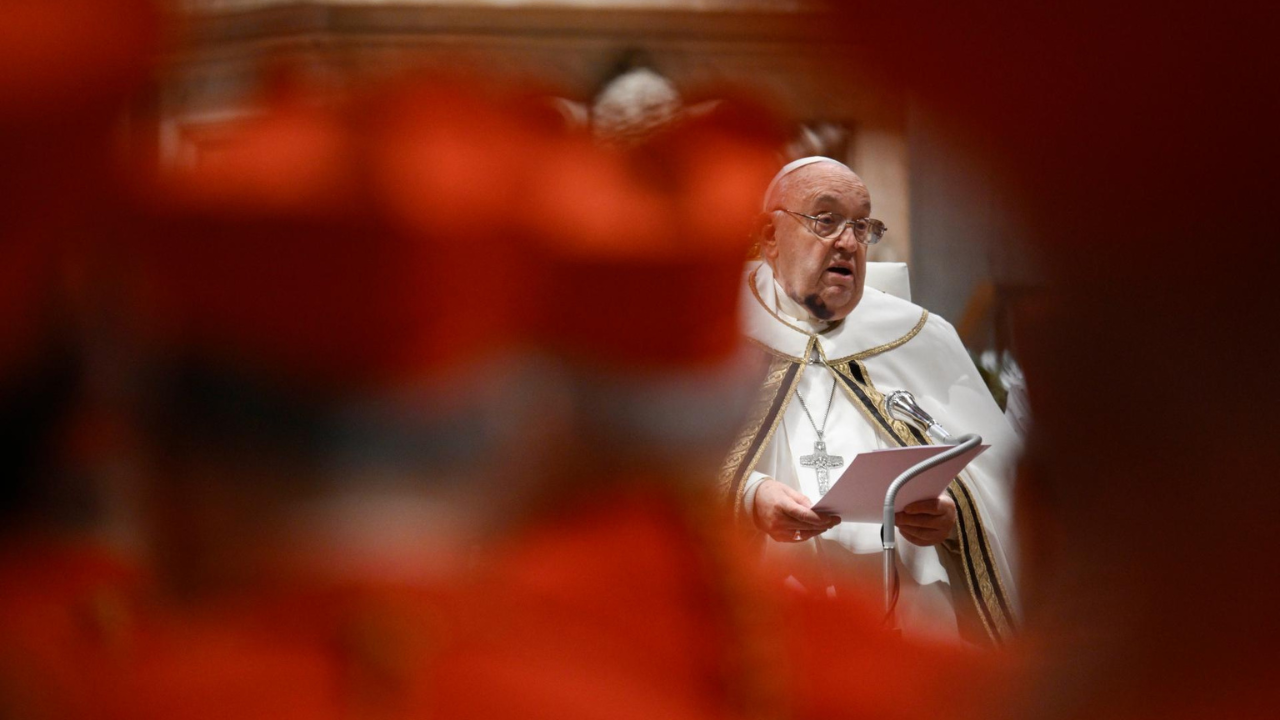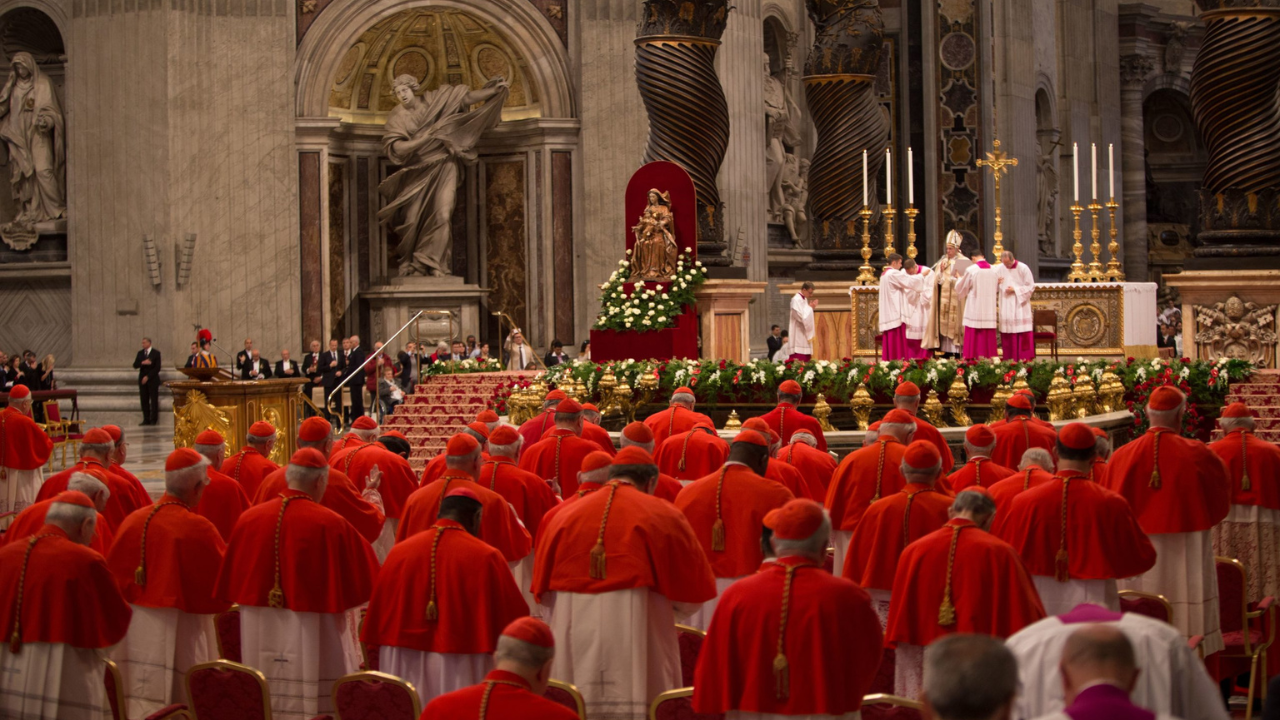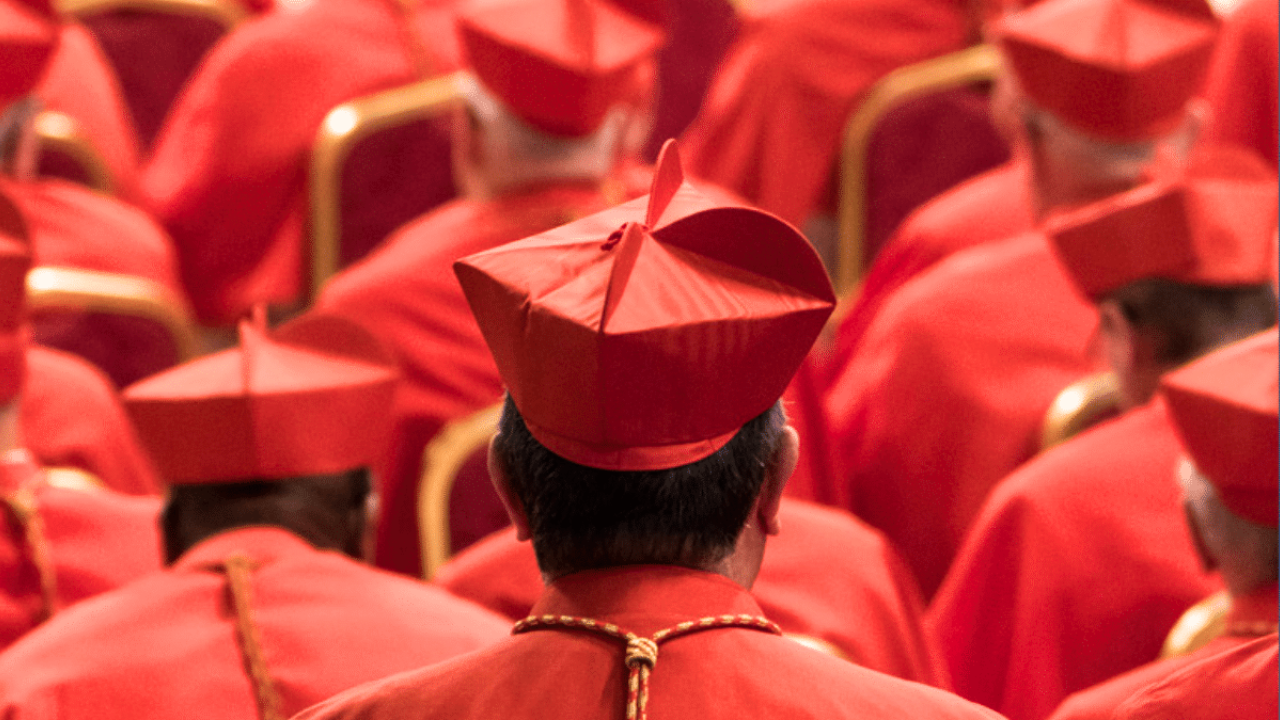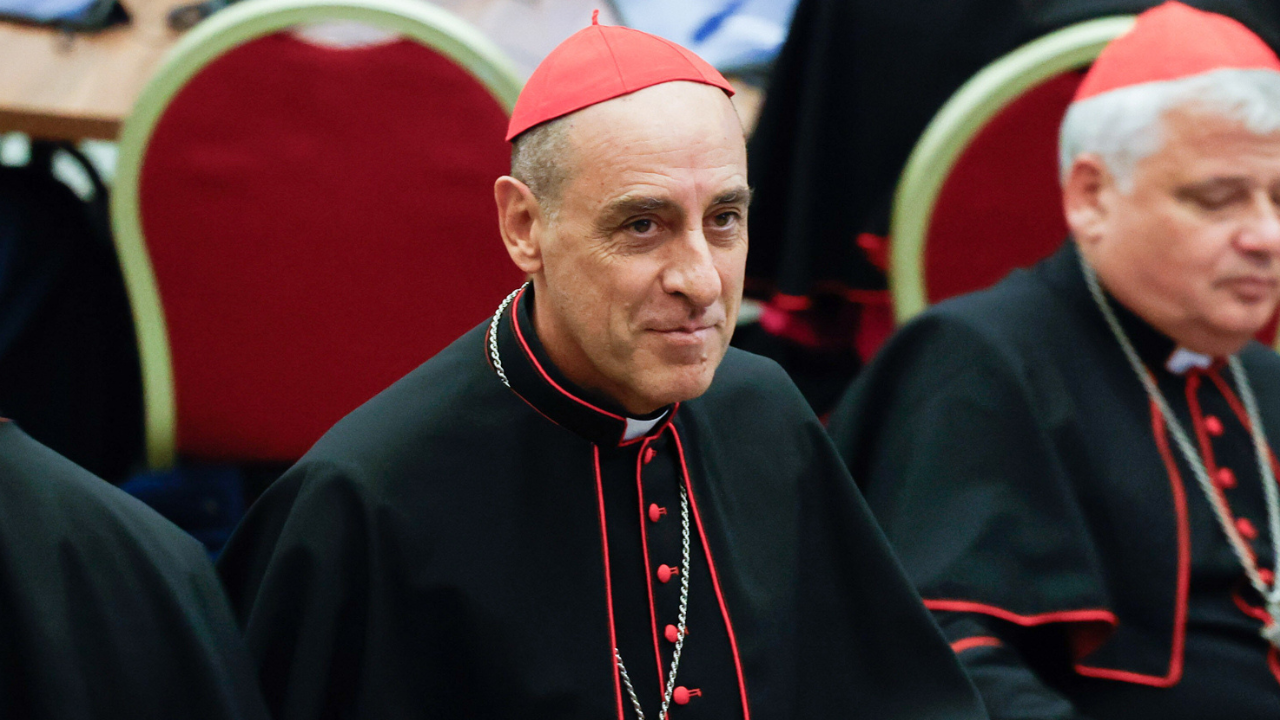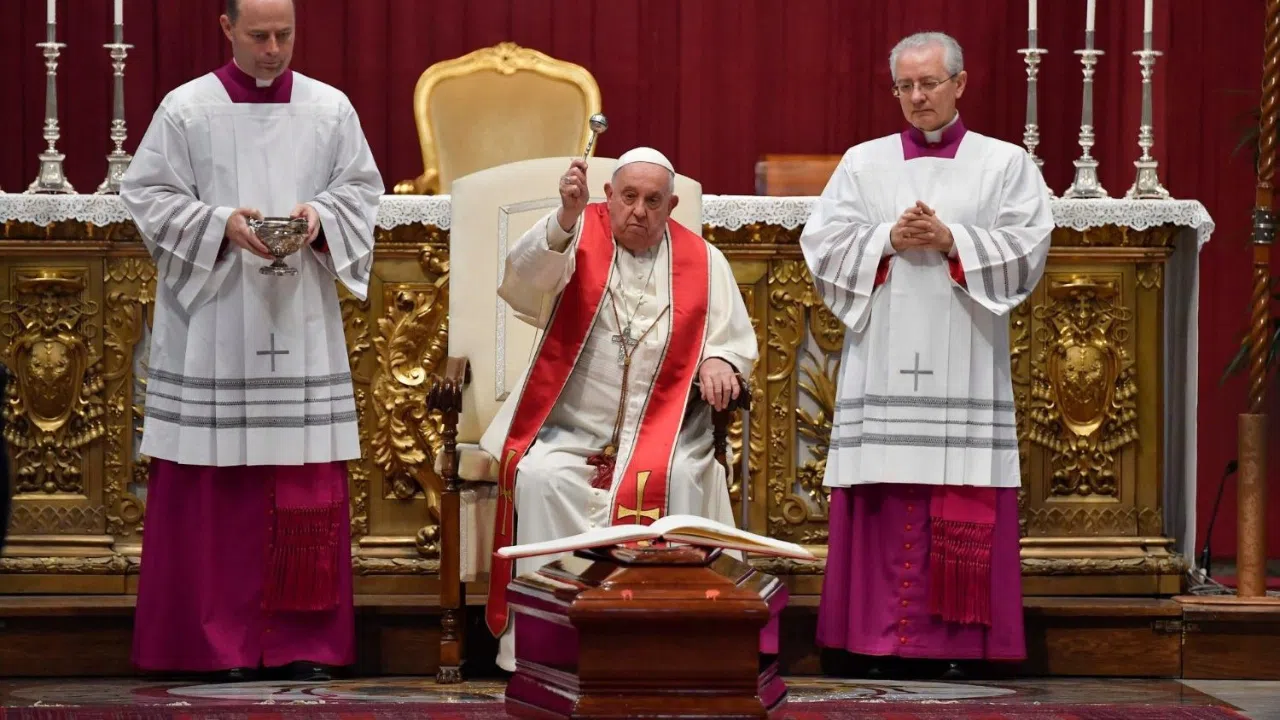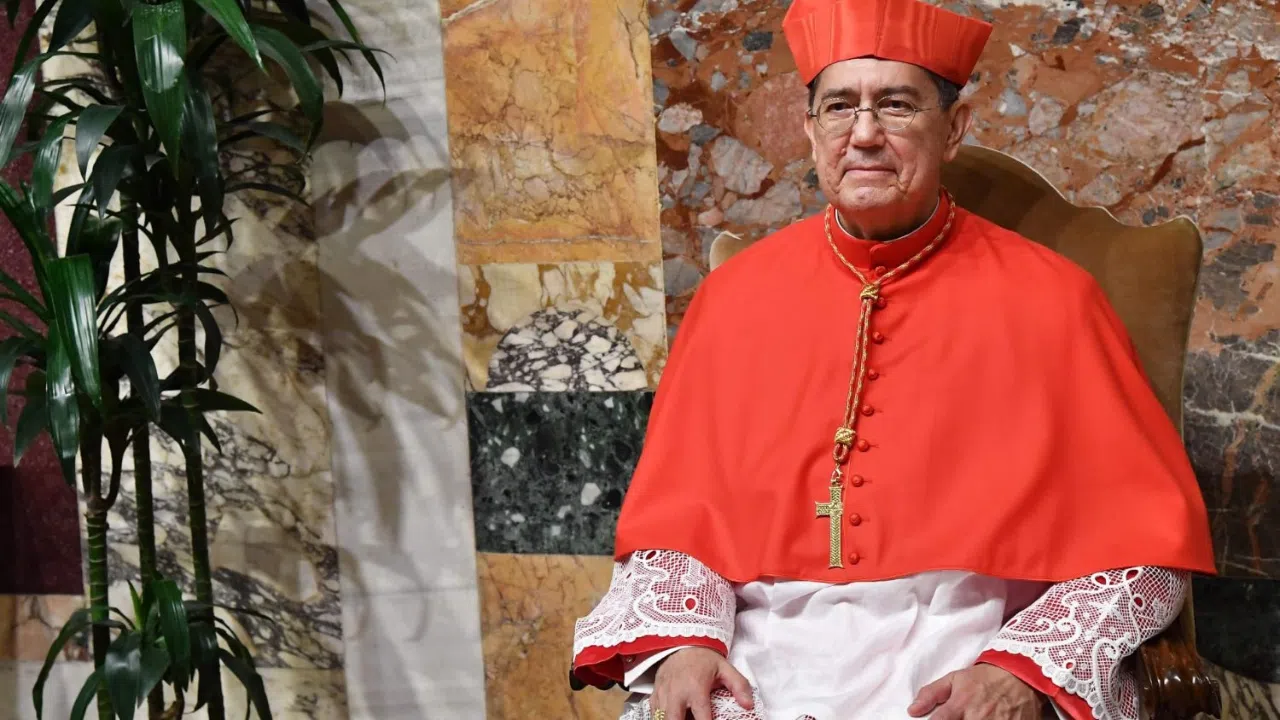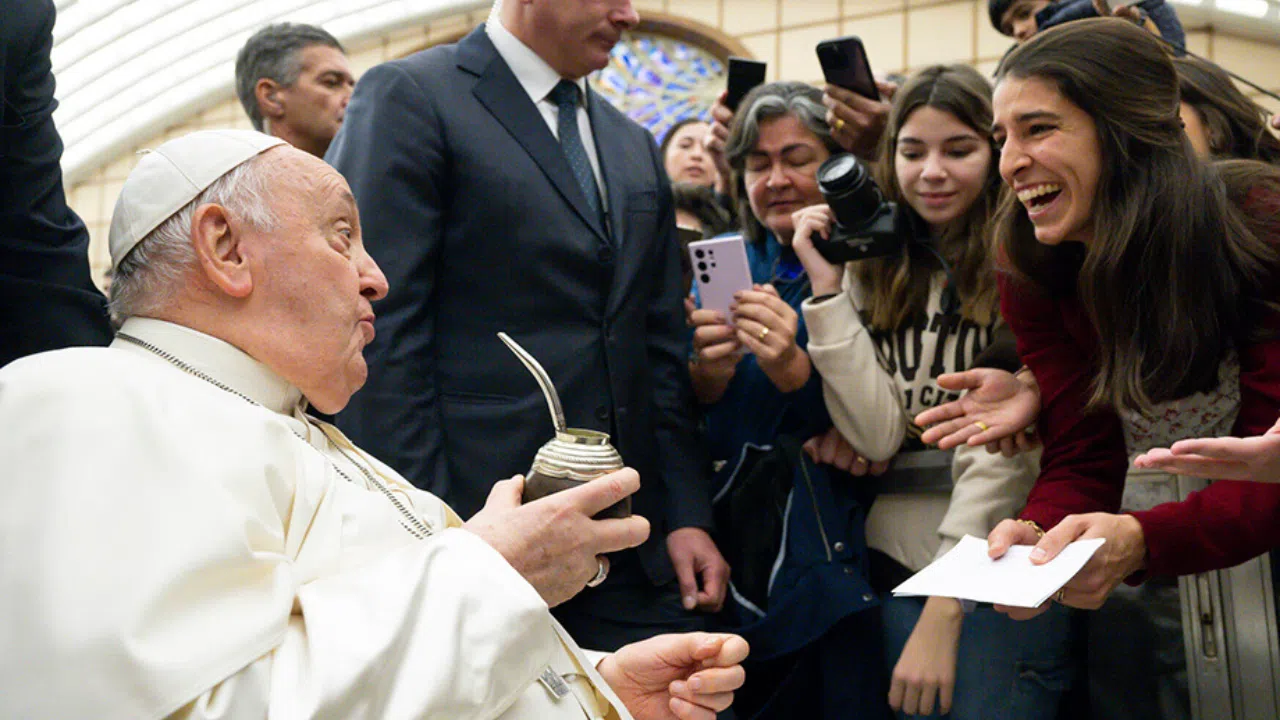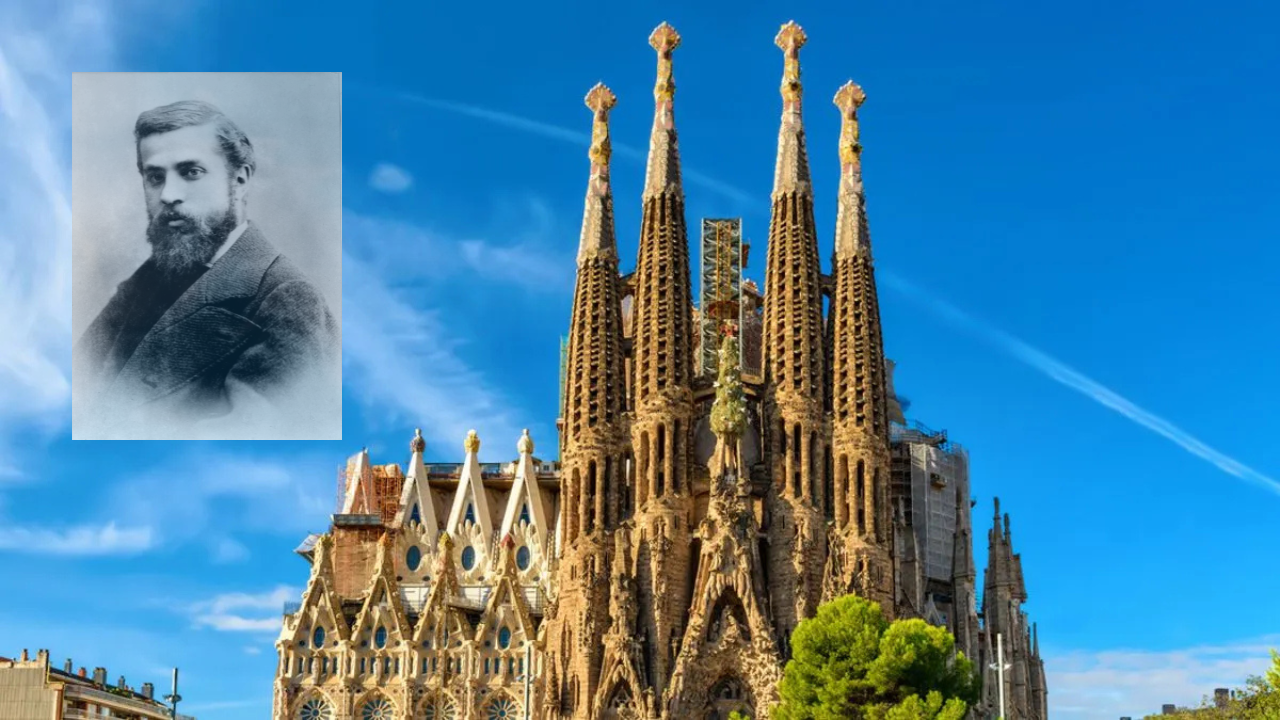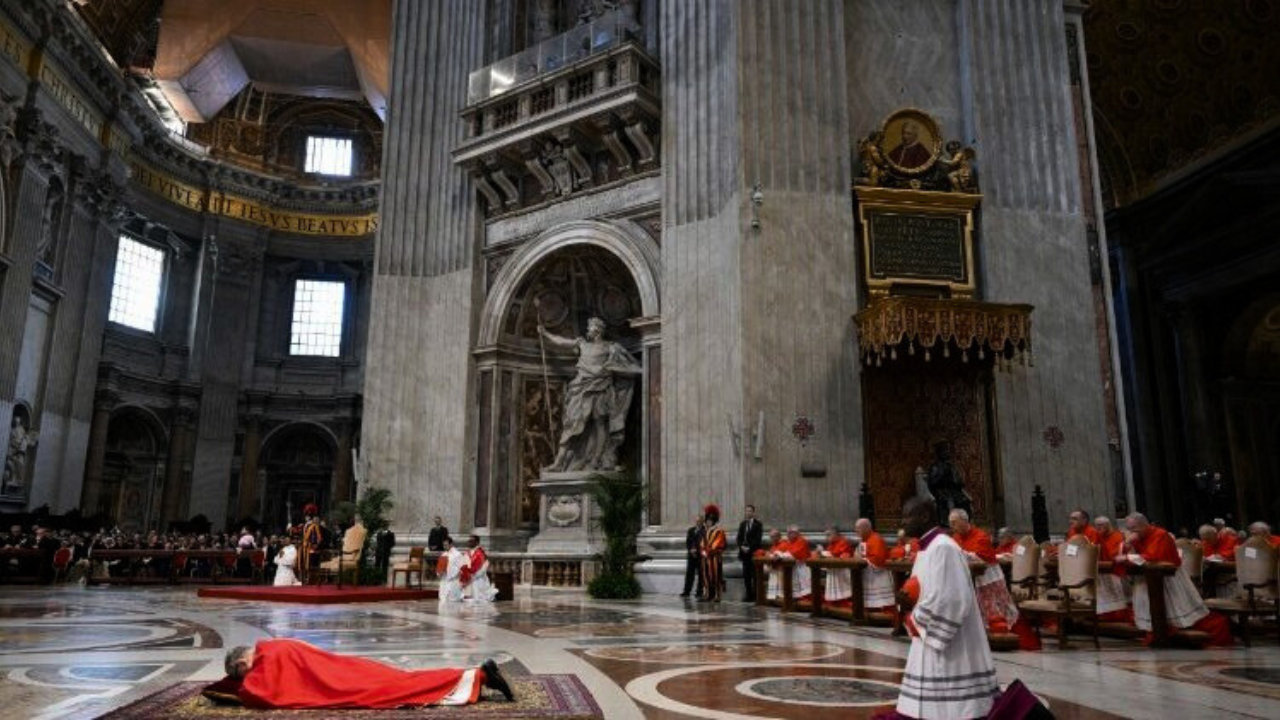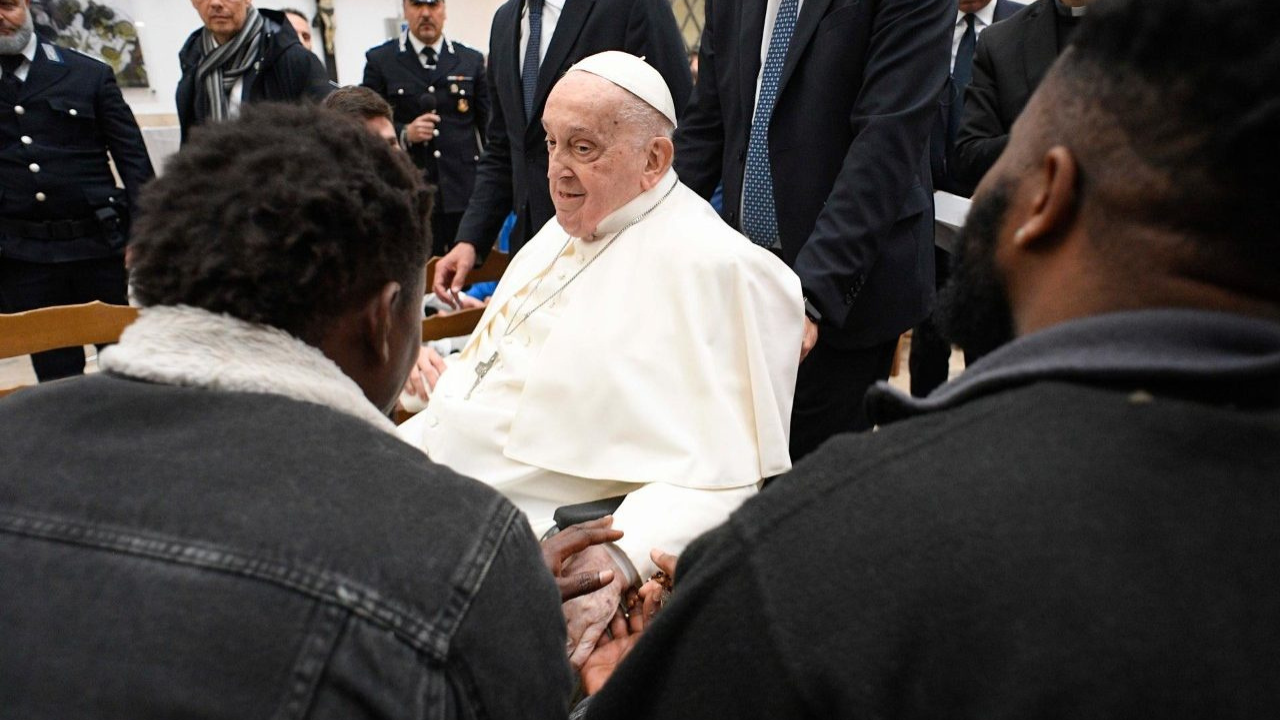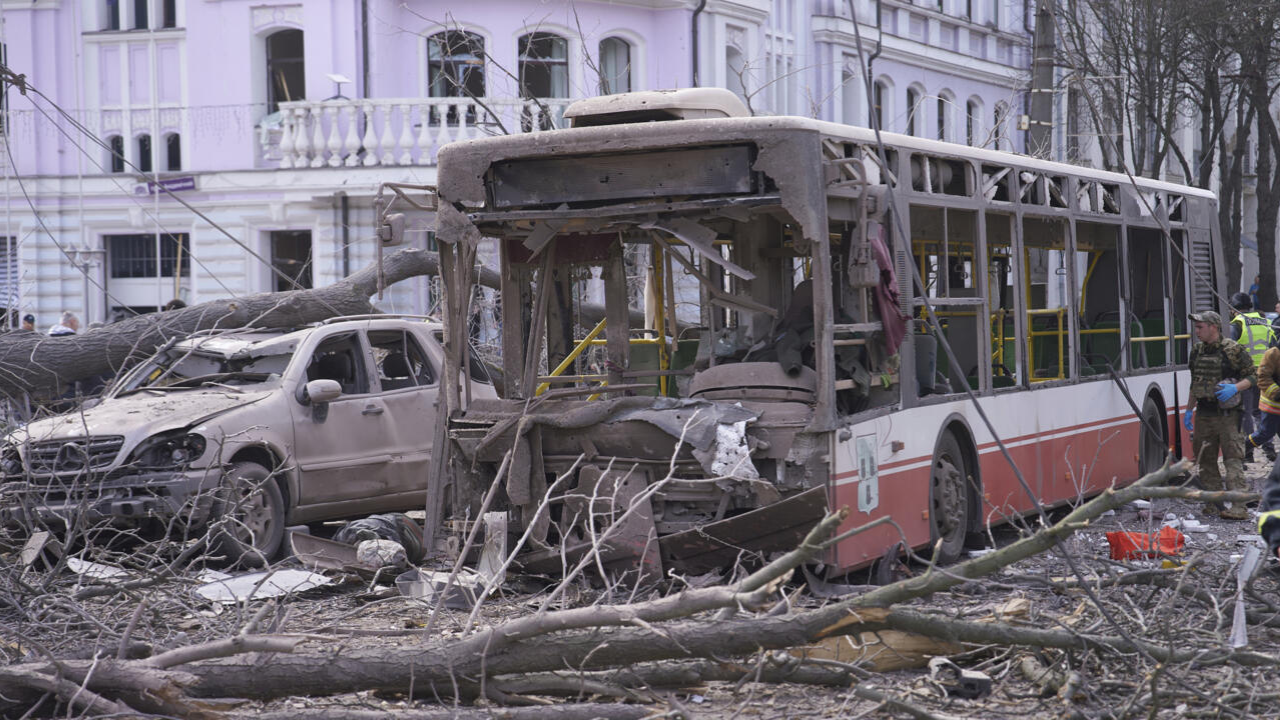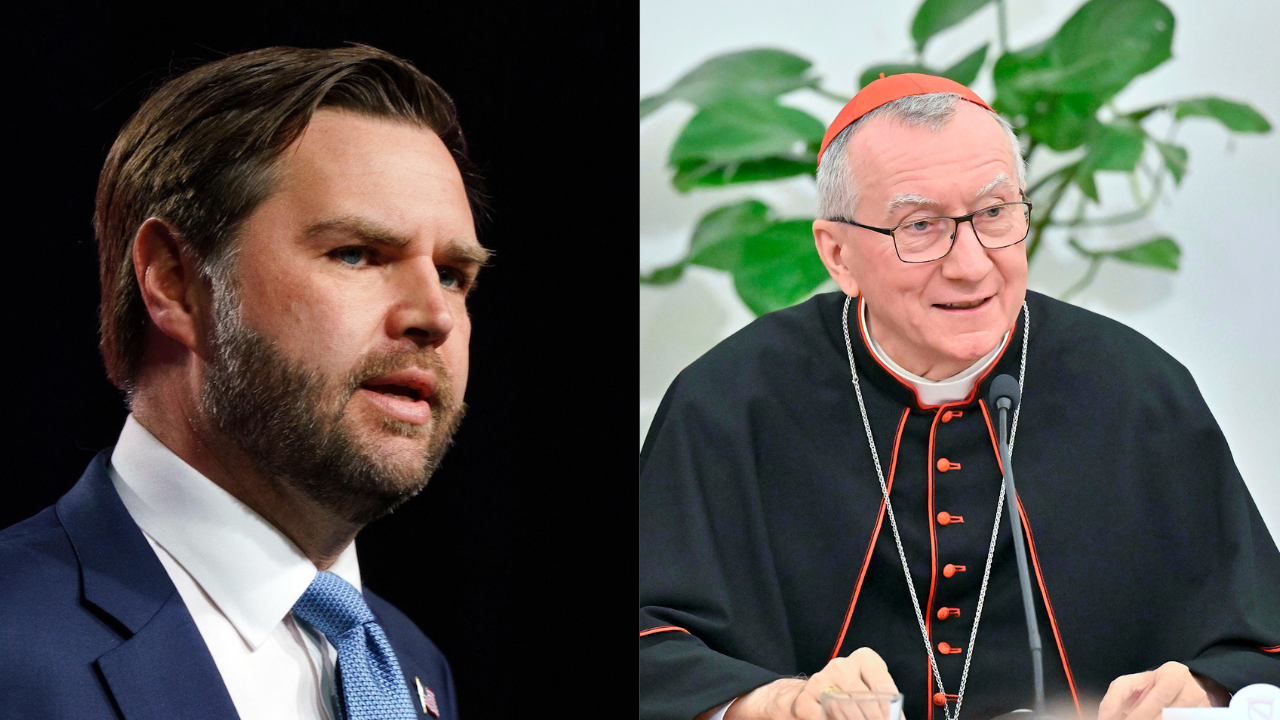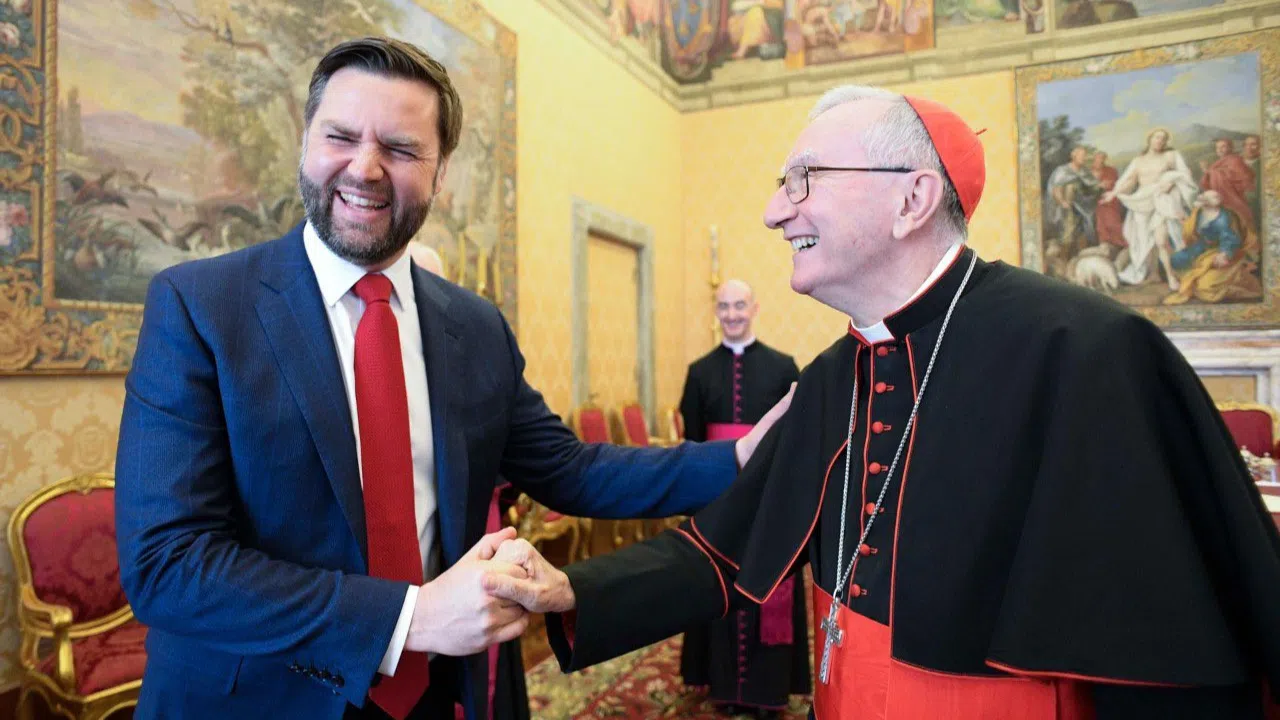Cardinal Leopoldo Brenes is in Rome to personally explain to the Pope the outbreak of violence that, since the month of April, is depleting Nicaragua. The government and paramilitary groups are harshly repressing the peaceful protests by the citizens, which were manifested by the pension reform.
Pope Francis has been especially attentive to the situation and the citizens of Nicaragua have felt it.
CARD. LEOPOLDO BRENES
Archbishop of Managua, Nicaragua
'We have felt the strength of the pope, and the people have too. Especially Catholics, but I would say that even more those men and women of good will, as they are called. Those who do not profess the Catholic faith, yet have heard the voice of the pope and have felt that he is very close to the Nicaraguans, in this moment of suffering.'
The Church of Nicaragua is acting as a mediator to try to calm the situation, but it is also doing much more. On June 21, in the town of Masaya, the Nicaraguan bishops, headed by Cardinal Brenes, avoided an authentic massacre by going through barricades with the Blessed Sacrament in their hands.
CARD. LEOPOLDO BRENES
Archbishop of Managua, Nicaragua
'They told me that parades of trucks filled with military and riot police and civilians were coming to attack Masaya. Then I arranged to have the first hour of prayer and invited the priests to accompany me. People felt united. It was beautiful because, there were many on their knees in the road with their hands up saying, 'Help us, save us.' That personally impressed me.'
They managed to sow peace for a few hours and also released some detainees, like this young man hugging his 96-year-old grandmother. The elderly woman spent eight days at the door of a prison awaiting the release of her grandson.
The violence has claimed the lives of almost 300 people, including a baby. There have been nearly one thousand injured and there is talk of missing persons, although there are still no official lists.
CARD. LEOPOLDO BRENES
Archbishop of Managua, Nicaragua
'These mothers are scarred forever, suffering every day remembering their child who was lost. After the mother is her husband, the other children, the neighbors... the death of a member of a family not only harms the mother, but an entire environment. With more than 300 dead already, it harms the entire nation.'
The cardinal explains that every morning and night he calls the priests to find out the situation, hoping there are no more victims.
CARD. LEOPOLDO BRENES
Archbishop of Managua, Nicaragua
'We've seen in the two wars we've had, where more than 50,000 people died, but there were armed people. It was one armed group against another armed group, but not in this case. It is against people who are walking down the street without a gun or someone behind a barricade, maybe with a mortar. So this is much more intense than a war.'
Cardinal Brenes recalls that this crisis can only be resolved with dialogue, a way in which the Church is trying to participate for the love of the people of Nicaragua.

